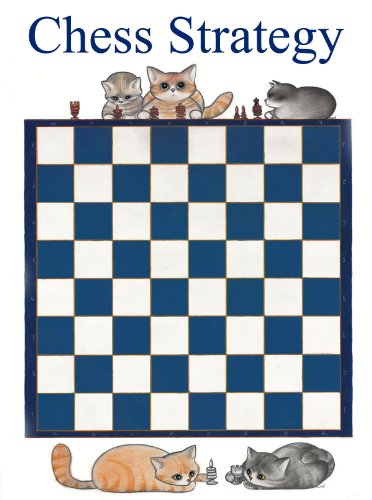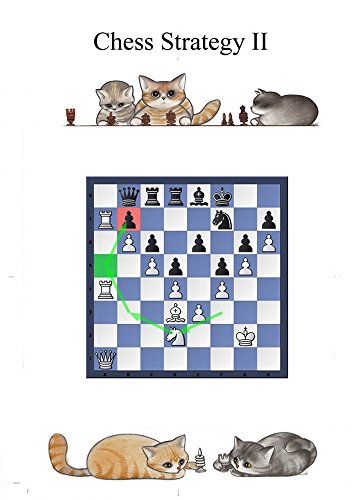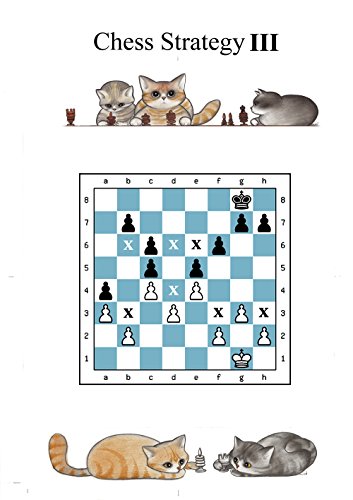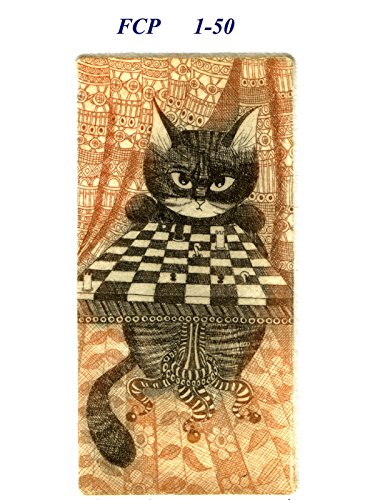Repertoire
It is important to have a repertoire suited to your skills and your style of play. What matters is how much you feel at ease, and how well you know it. Check out the books below to build your own repertoire.
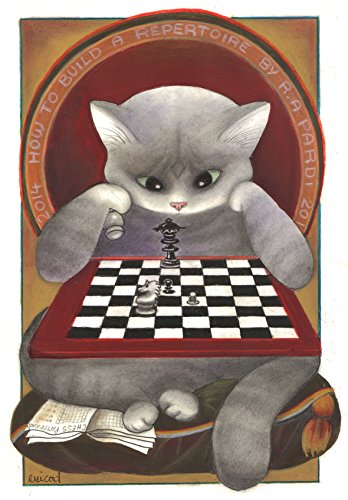
Building your own Chess Repertoire: an approach
While Chess education should start from the study of endgames (how could you manage 32 pieces when you have doubts with three?), coming well out of the opening should give you an advantage.
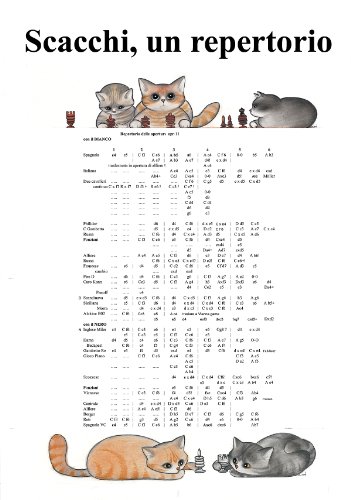
Come creare il proprio repertorio di scacchi (Italian Edition)
A virtually unknown subject, you will find everywhere that you should create a repertoire, no one tells you how! It is essential, do not you think to reinvent the opening theory you have chosen during a tournament? codified by centuries of studies of masters, and that probably your opponent knows for many moves in many variations. And that when you go up in category in open tournaments you will play against a Master, he will automatically play for 20 moves.
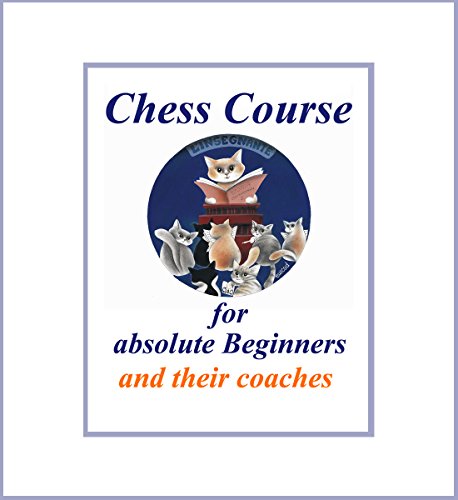
Chess: Course for adult Beginners: and their Coaches
This ebook is based on the course held during the winter of 2014-15 at UTE Milan, Italy. The twelve students were seniors aged from 60 to 75 with no previous knowledge of the game of chess. Some of them knew how to play draughts, but this made the task more difficult as the technique for playing draughts cannot be applied to that of chess. The target was to become acquainted with basic techniques, learn tactics and elementary strategy in order to play a decent game
